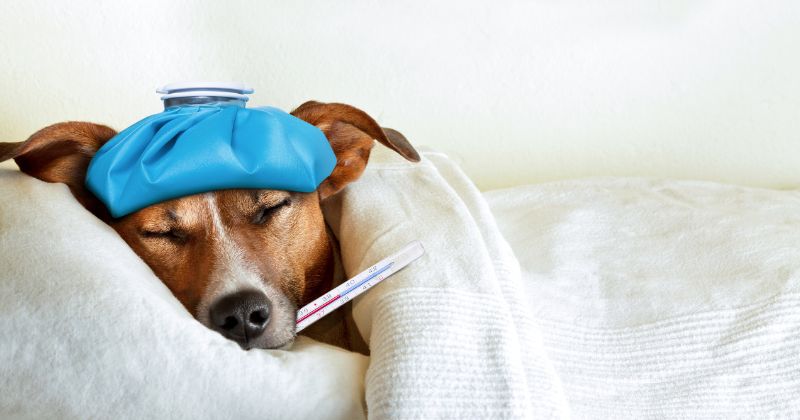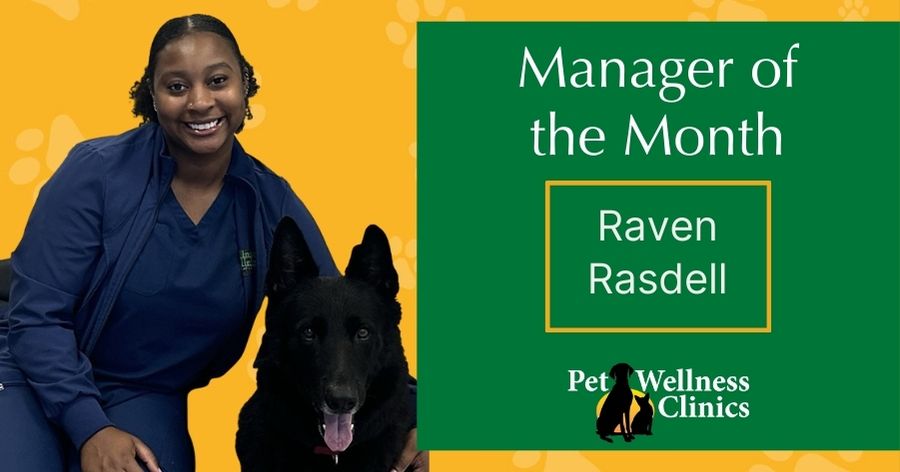
Owning a pet is a commitment. It’s easy to misunderstand the most common pet emergencies, and unfortunately, many don’t call for help until it’s too late. Here is a list of the most common emergencies that require a veterinarian’s attention so you understand when it's vital to seek help keep your pet healthy for a long time.
Pain or inability to urinate or defecate can be very dangerous and it’s important to find out why. Animals often do not show pain, so an ongoing issue can progress to a life-threatening problem without your knowledge. Your pet might have an issue greater than you can handle, and may need a veterinarian’s care.
Vision is a very delicate network of bodily structures and an animal’s eyes are positioned differently than a human’s eyes. The injury could be from or result in internal damage to structures close to the brain. Examination by a veterinarian may save your pet further harm.
Many things that are fine for humans are poisonous to animals. Items such as chocolate, antifreeze, multivitamins, pesticides, and many more are life-threatening. These are also items an animal willingly ingests. Learn what items are poisonous to your pet and avoid at all cost. If you suspect your animal has ingested any poisonous substance, call a vet emergency service immediately.
If an animal has a seizure or is staggering, veterinarian attention is required immediately. These activities indicate a problem with the brain or another systemic malfunction has occurred and the animal needs immediate help. A vet will assess the situation and may recommend other tests to find out how to best help your pet.
Animals with broken bones or lameness shouldn’t be left to “heal” without veterinary care. This could cause the animal unnecessary pain or complications later in life. Your veterinarian will help avoid these issues so your pet will live a longer, healthier, happier life.
Pets tend to hide signs of pain or discomfort from their owners. If an animal is showing signs of pain, it has already progressed to a severe state and the animal must visit a veterinarian immediately. Sometimes, an animal shows signs of anxiety or aggression as a result of pain or illness. If your normally happy pet suddenly snaps at your hand or does not welcome visitors, there might be a physical problem. Call a veterinarian to schedule an exam to check for any possible pain or illness. If you have pinpointed the area of the pain or witnessed a traumatic event, it will assist the vet’s evaluation. Any change in your pet’s behavior or exhibition of anxiety should be discussed with your veterinarian as well.
The awareness of heat stroke has increased as more stories of animals left in cars are reported. An animal suffering from heat stroke needs to see a vet immediately. Signs of heat stroke include:
Severe vomiting or diarrhea will cause dehydration and death quickly. It is common for owners to wait a few days, hoping for recovery without their veterinarian’s assistance. Bring your pet to the vet, taking note of anything your animal may have been exposed to or eaten. Consider any toxins the animal may have encountered using the poison list mentioned above. Any information you can provide about your pet’s most recent activities may help the veterinarian find out what’s wrong. Not only is it important to find out why the animal is having this reaction, but it is imperative to provide supportive care to prevent the dangerous side effects of vomiting and/or diarrhea.
Your pet should willingly drink water consistently throughout the day. If it has had nothing to drink in the past 24 hours, despite available water, a visit to the veterinarian is in order. It’s important to keep the water dish clean and understand your animal, but even if the dish is dirty, a thirsty animal will eventually drink from it. Refusal to do so over 24 hours is an indication of an emergency situation.
It seems obvious that this is an emergency, but some pet owners assume their animal is simply sleeping. If the animal cannot be roused from sleep, seek out veterinary care immediately. The veterinarian will need to evaluate the animal to identify the underlying cause of your animal’s loss of consciousness.


